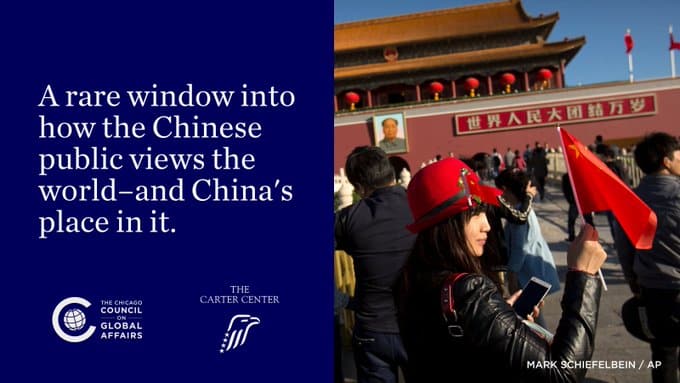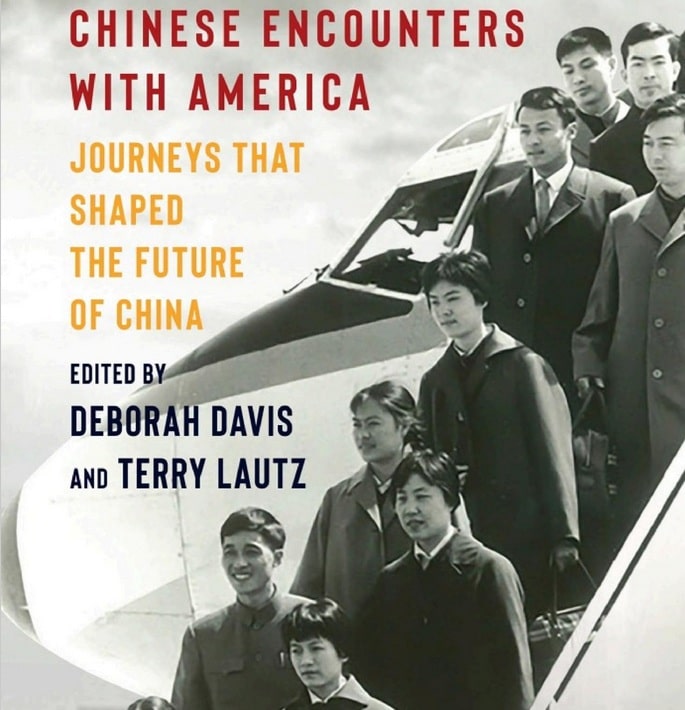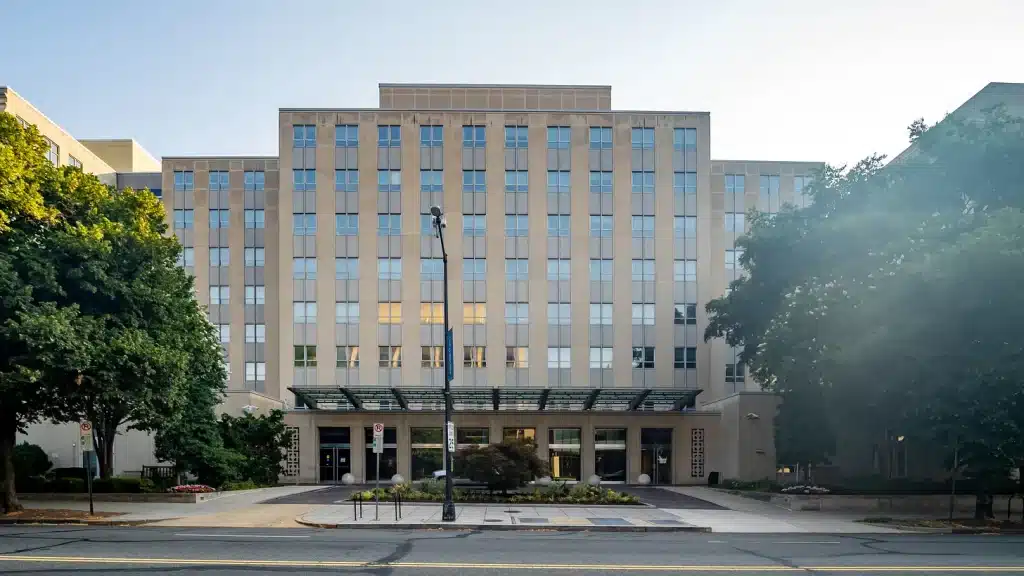The Role of American NGOs and Civil Society Actors in an Evolving U.S.-China Relationship by Elizabeth Knup
“When we think about the US-China bilateral relationship we often think about economics, trade, politics and strategic security. Less prominent in our discussion is the dimension of our relationship uniquely driven by American NGOs and civil society actors. And yet, American NGOs and civil society actors were instrumental in preparing the groundwork in the United States for the normalization of US-China relations in 1979. Their nimble, innovative, and independent nature meant that after 1979 they could move quickly to lead early and direct engagement with China and could respond to challenges and opportunities with agility. Their diversity created a rich network of organizations and individuals that expanded as China developed. That network of non-governmental actors facilitated communication, knowledge generation, and trust-building between the United States and China at all levels of society, from Track 2 dialogues to grassroots people-to-people exchanges (including then-Vice President Xi Jinping’s visit to Iowa where he met average citizens and built relationships that are now manifest in formal US-China relations), often keeping channels of communication open when formal channels were constrained. The nature of NGOs – independent from government and commercial imperatives, flexible in the face of change or opportunity – gives these organizations unique agency in framing and shaping the contours of the Sino-US relationship.”
From The Role of American NGOs and Civil Society Actors in an Evolving U.S.-China Relationship by Elizabeth Knup, Ford Foundation.
Written for the Carter Center’s symposium to commemorate President Carter’s 1979 decision to normalize relations with China. View or download the paper here.









